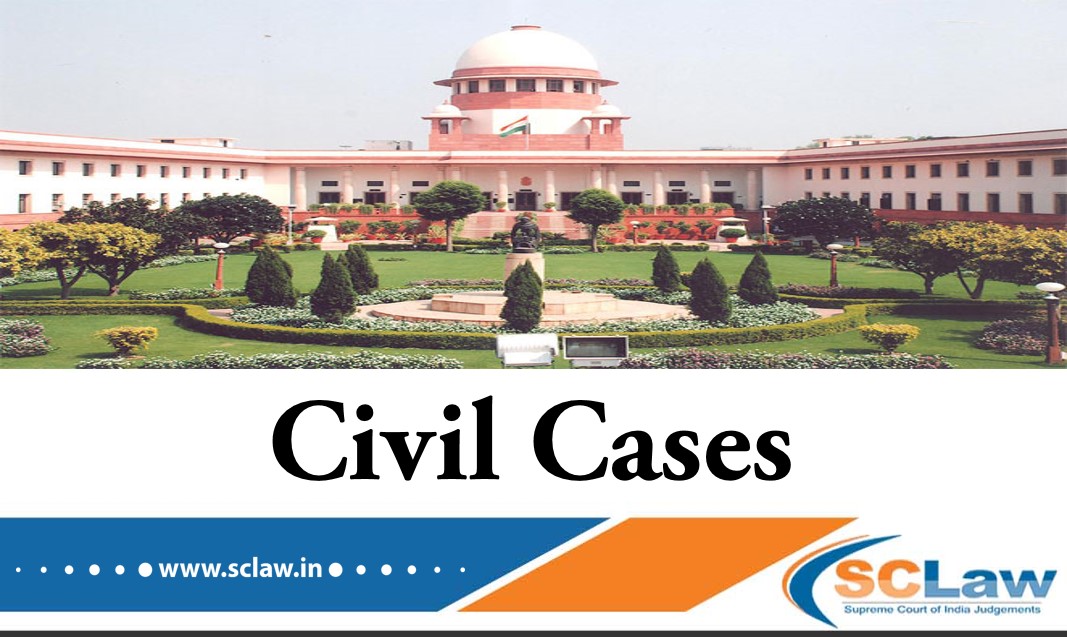Gift–Acceptance of– It is one thing to say that the execution of the deed is based on an aspiration or belief, but it is another thing to say that the same constituted an onerous gift. Gift–Acceptance of — Once a gift is complete, the same cannot be rescinded. For any reason whatsoever, the subsequent conduct of a donee cannot be a ground for rescission of a valid gift. Gift–Acceptance of–Whether an averment made in the deed of gift in regard to handing over of possession is sufficient proof of acceptance thereof by the donee? YES.
2008(1) Law Herald (SC) 87 IN THE SUPREME COURT OF INDIA Before The Hon’ble Mr. Justice S.B. Sinha The Hon’ble Mr. Justice Harjit Singh Bedi Civil Appeal No. 5942…


